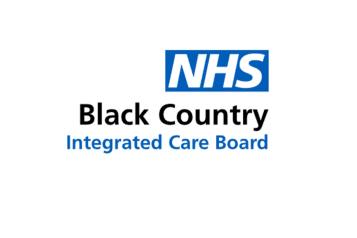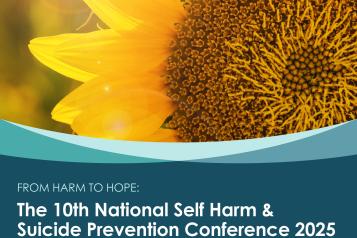Important Asthma information and advice
Asthma is a lung condition that affects around one in every 11 children and causes symptoms like coughing, wheezing and breathlessness.
It varies from one child to the next, but most types of asthma can be managed well by using a preventer inhaler every day to control their asthma. A reliever (blue) inhaler may be needed occasionally if symptoms flare up.

The NHS has created a video with a Black Country respiratory nurse, Louise Tipping, discussing the importance of keeping of top of your child’s asthma over the summer holidays. You can watch the video on YouTube here.
Louise said: “Asthma attacks tend to increase significantly in September after the school holidays, likely due to disruptions in medication routines during the summer break. However, by taking a few simple steps, parents can help their child to avoid asthma attacks and enjoy the summer as much as anyone else.
“Even if your child is feeling well and has been running around all summer, it’s vital to keep on top of their asthma medication and ensure they’re taking their preventer inhaler as instructed by their GP or asthma nurse. This means they’ll have the best level of protection before they head back into the classroom.
“Follow your child’s personal asthma action plan and keep it handy so you know what to do if their symptoms are triggered. And, importantly, always be asthma ready. An asthma attack can be life-threatening, and you should make sure your child always keeps an in-date reliever inhaler (usually blue) with them.”
Anyone with asthma is at risk of having an asthma attack, which usually needs urgent medical treatment. Asthma attacks can even be fatal. This is why it is crucial to ensure children and young people take their medication even when feeling well, and to take action if their asthma seems to be getting worse.
For more information on how to manage your child’s asthma, visit the Black Country 0-18 website.


